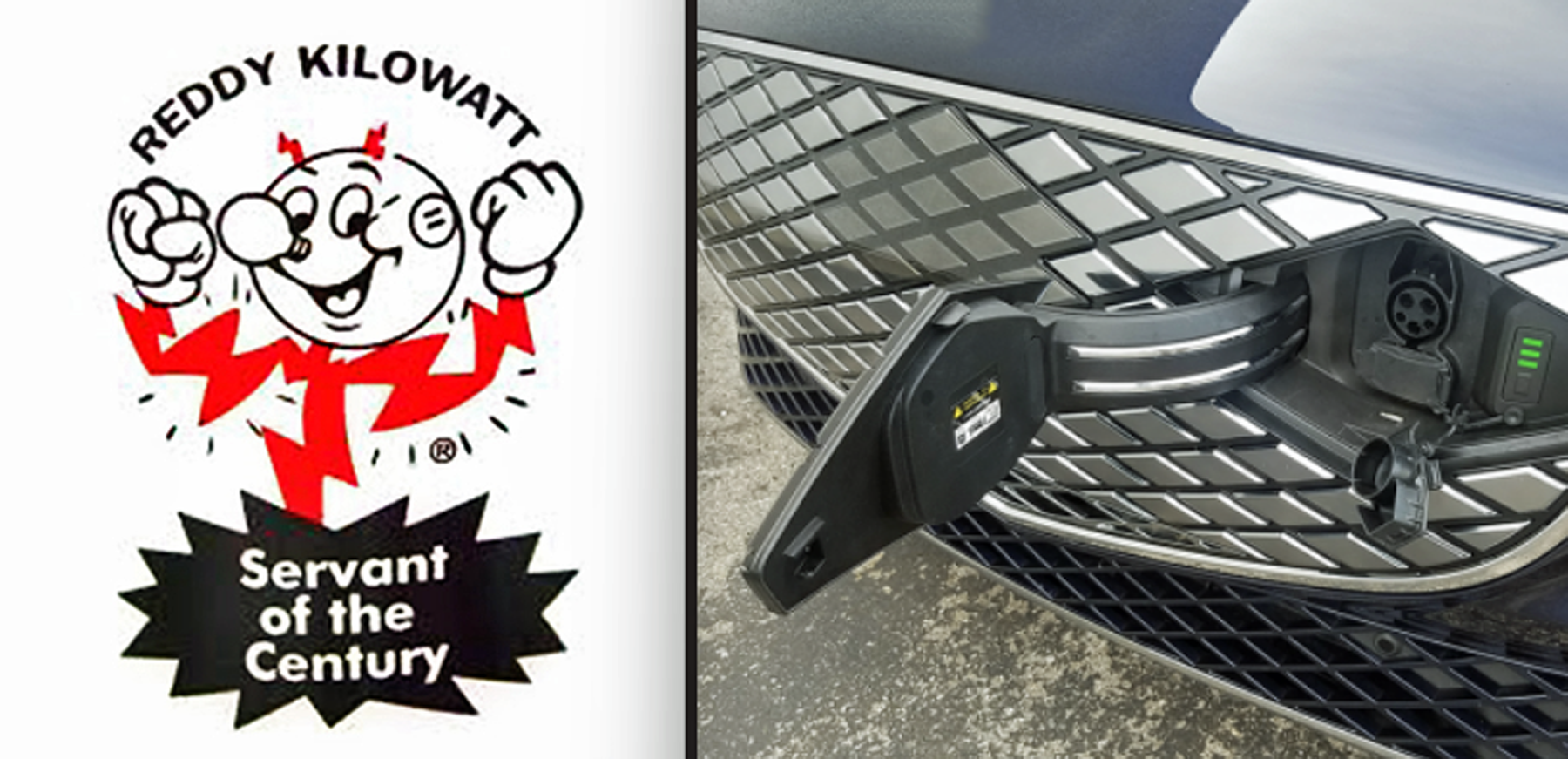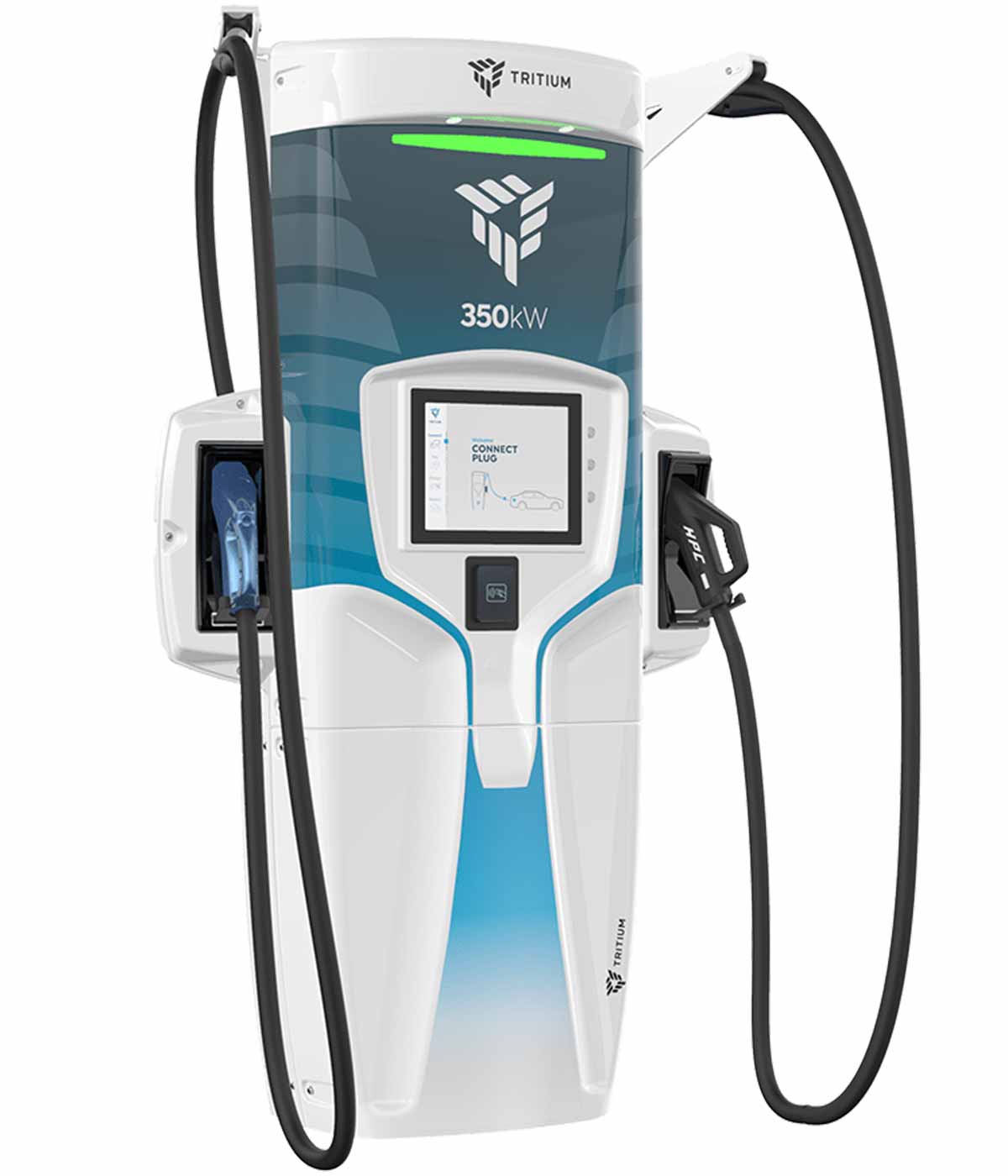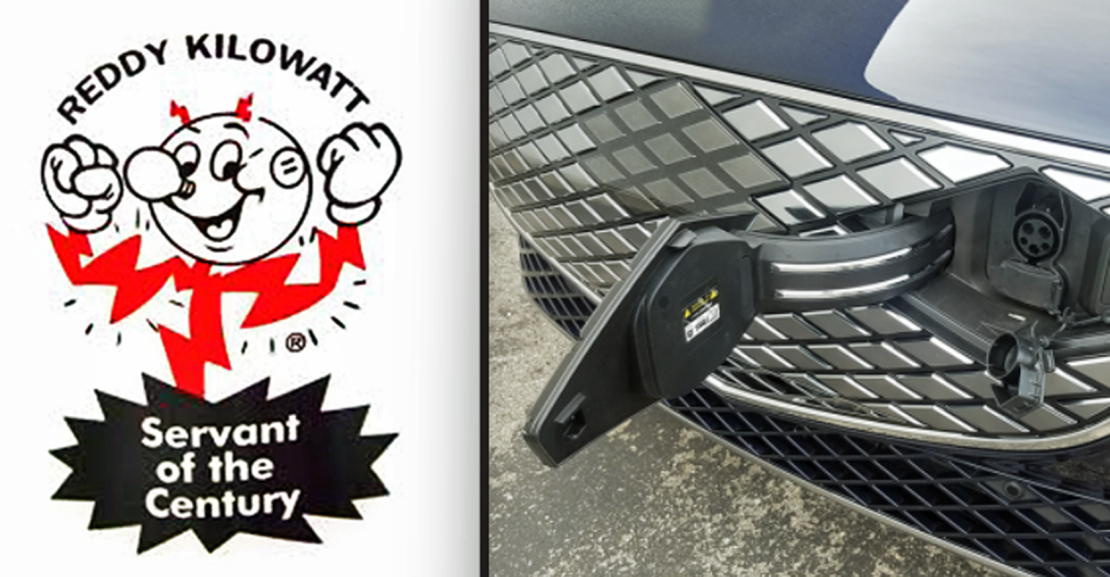
If you’ve been hearing or reading about electric vehicles, you’ve likely come across the word “kilowatt.” The vernacular of the EV is somewhat different than that of gas- or diesel-powered cars. Gone are words and terms like gallon and horsepower, replaced by the likes of kilowatt (kW) and kilowatt hour (kWh).
What is a kilowatt?
Unit of Energy
The kilowatt is a fundamental unit of energy and is used to express amounts of electricity, as well as motor output, the latter in much the same way horsepower is used.
To help clarify things, we’ll go through a few examples of how the word kilowatt is used when discussing electric cars and electric-car charging.
Metric System
A kilowatt is—no surprise to students of the metric system—1000 watts. In electrical terms, a watt is a simple way to summarize the amount of power being discussed. The math is thus: amps times volts equals watts.
Charging Your Car: Level 1

So, in terms of charging your electric vehicle at home, if you’re using a wall outlet, you multiple the voltage, 110 volts in most houses, by the amperage, generally 15 amps, for about 1.8 kilowatts. Home charging via a wall outlet is generally referred to as “level-1” charging.
Charging Your Car: Level 2
Now, when using a “level 2” home charger, which requires 220-volt service, you multiple the 220 volts by the 30-amps the charger is most-likely wired for, to get 6.6-kilowatts. Level-2 chargers can provide more energy than 6.6 kW, but to do so require special service that not all homes are equipped to handle.
Charging Your Car: Level 3
Commercial charging stations, known as “level-3” chargers, or DC fast chargers, are designed to provide between 50 and 350 kilowatts of power, though many electric vehicles are limited to charging at rates of around 100 kilowatts.
Electric-car batteries are generally described by their charge capacity. The battery found in the 2023 Chevrolet Bolt EV is rated at 65 kilowatt hours, for example. This simply means the battery can provided 1 kilowatt of energy for 65 hours, 2 kilowatts of power for 32.5 hours, or…well, you get the picture.
Calculating Charge Times
So, some simple charging math:
To charge a completely depleted 65 kWh Chevrolet Bolt EV battery at home using a 1.8 kW wall outlet would take about 36 hours (65/1.8=36.1).
To charge the same fully drained battery using a level-2 home charger would take about 9.8 hours (65/6.6=9.8).
Because manufactures recommend against charging beyond 80-percent of a battery’s capacity using a level-3 charger, the numbers change a little. To go from completely depleted to 80 percent charged using a 100-kW charger would take about take about half an hour (65*80%=52) (52/100=.52).
Note: The reason for not charging beyond 80-percent of battery capacity using a level-3 charger is twofold. First, fast charging beyond that level is thought to compromise battery longevity. Secondly, fast-charging speeds reduce dramatically beyond the 80-percent level, which can extend time spent at a charging station.
Kilowatt versus Horsepower
Beyond electric power, electric-motor output is often expressed in kW. The math here is very straightforward: 1 kW equals 1.34 horsepower. This means that the aforementioned Bolt EV’s 111-kW motor is good for 149 horsepower (111*1.34=149).
CG says:
That’s the stuff. Watts and kilowatts, once terms generally reserved for engineers and electricians, have made their way into the automotive vernacular. The good news is, there’s no real mystery to what these terms mean.
Listen to the Car Stuff Podcast



